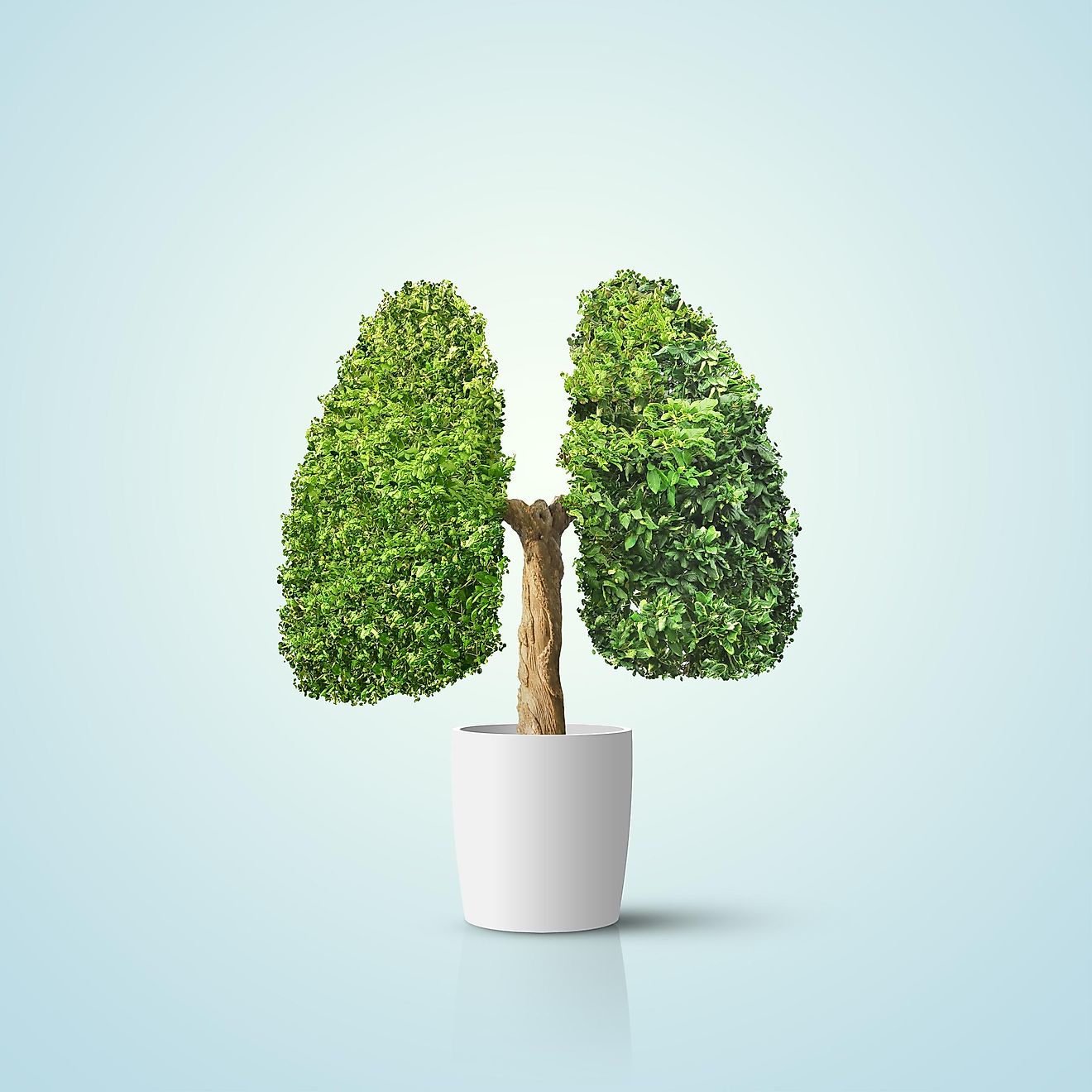Do All Living Things Need Oxygen?

- Oxygen is used for aerobic respiration. When it is not present, we have anaerobic respiration.
- Fermentation is a process that happens within gastrointestinal tracts of humans and animals in oxygen-free conditions.
- Fish use their gills to absorb the oxygen from the water. Although it is not happening underwater, this is still an aerobic way of respiration.
Although the definition of what life is can lead us in many different directions, even if we focus just on the biological explanations of living, one thing that is considered as a foundation of life as we know it is oxygen. Without a doubt, the fact that our atmosphere has a lot of oxygen to offer, when we compare to other planets that have their own atmosphere, has led to biodiversity and kept this system of our planet’s respiration in check. However, is it possible that everything that lives depends on oxygen?
Oxygen: A Life-Supporting Gas
We can start to answer this question in two possible directions. We will deal with the first one with a simple hypothesis. If our ecosystem’s stability depends on oxygen to support life, then all living things need oxygen. One could not exclude oxygen from the equation and discuss the terms and conditions of life on Earth. If there is no oxygen, there is no respiration for anyone, which means that nobody could produce energy that could keep them alive. Still, there are other ways to produce energy. That takes us into another direction in which we investigate life as an energy-producing practice.
Aerobic Vs. Anaerobic Respiration
There are a few things that are most definitely alive but have found other ways to keep the cycle of spending the resources you got in your environment to keep your entity alive. Fermentation is a process where energy can be created when oxygen is absent. This is the main distinction between fermentation and, if you want to put it simply, breathing (or many other forms of oxidizing). That is also the difference between organisms that use aerobic and anaerobic ways of respiration, first is with oxygen present, and the other is without this natural gas.
Now, what are those things that do not need oxygen, yet can be alive, and create substances for others to live? Yeast is one of those things, primarily when you use it for the production of wine. The exact reason why wines go sour is that oxygen gets into the bottle, and stops yeast in the process of fermentation when everything was beautiful and oxygen-free. Fermentation is, therefore, another way to create glucose, the critical sugar organisms need for energy.
How Does Fermentation Happen In Humans?
As you can probably guess, what comes out of the fermentation process largely depends on the context where it is happening. In yeast, we get alcohol, and inside our own bodies, we get lactic acid. Lactic acid has a crucial role to fill in our bodies once we start doing a hard physical exercise (sprinting or rowing) because of the very fact that too much glucose is oxidized, and there is no oxygen to further keep with the cell demand. But, is there something more complex than yeast and the creation of lactic acid in our bodies, even though those are not simple processes by any means?
Slightly more complex organisms are bacteria which have a somewhat different choice of gas they use for breathing. In places where oxygen is scarce, like volcanic vents, some types of bacteria can use sulfur for respiration.
In 2010, scientists that were investigating the bottoms of the Mediterranean Sea found an animal that belongs to the group of loriciferans. Now, this is still relatively simple, when we compare it to the respiration needs of plants, animals, and humans, but this 1 mm amoeba does not need oxygen to survive. It is deep down in the mud sediments, and some of the parts in the bottom have been oxygen-free for more than 50,000 years. But, guess the loriciferans like the mud, and do not care about oxygen at all.











